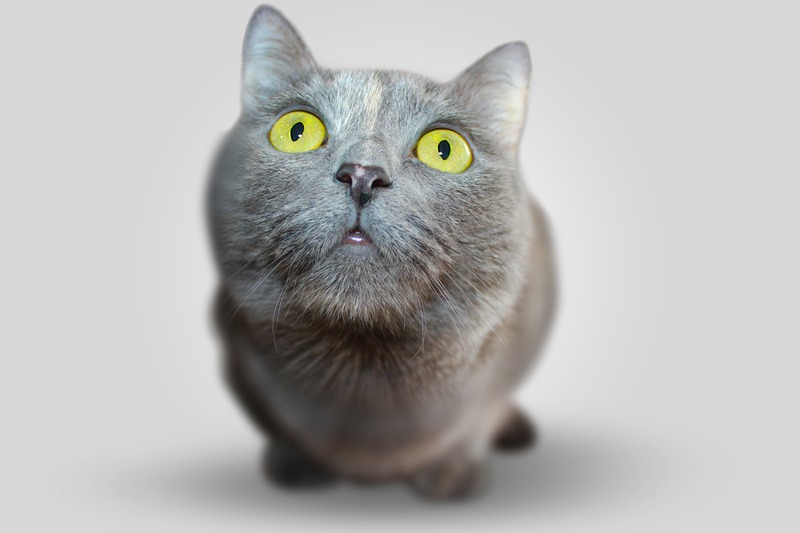What’s Involved in a Veterinary Dental Exam?

Understanding the significance of dental hygiene for pets is fundamental to their health, as it can prevent widespread dental diseases and maintain their general well-being. Just like in humans, regular dental check-ups are necessary, and a veterinary dental exam is critical to this process. If neglected, dental issues can lead to severe complications. Next, we’ll explore the specifics of what a veterinary dental exam involves.
The Importance of Pre-Exam Assessments
Before your pet undergoes a dental examination, a veterinarian typically conducts a comprehensive pre-exam assessment. This includes a review of your pet’s medical history, a physical examination, and possibly preliminary blood tests. These steps are crucial for determining the safety and necessity of anesthesia during the dental exam, as well as flagging any underlying conditions that could affect oral health.
1. Checking Medical History
The vet will ask about your pet’s health history, diet, oral hygiene routine, and any signs of dental discomfort you may have observed. This information helps in building a clear picture of your pet’s health status and any potential risks.
2. Physical Examination
A general physical exam allows the vet to assess your pet’s overall health, which includes looking for any symptoms that may indicate dental issues, such as bad breath, swollen gums, or loose teeth.
3. Bloodwork and Diagnostics
Particularly for older pets or those with pre-existing conditions, blood tests might be recommended to ensure they are fit for anesthesia. These tests check liver and kidney function, which are crucial for processing anesthetics.
Evaluating Oral Health and Planning Further Treatment
For those unfamiliar, veterinary dentistry encompasses the full spectrum of oral care for animals. This specialty focuses on the prevention, diagnosis, and treatment of dental diseases in pets. A dentist for cats and dogs tackles everything from routine cleaning to more complex procedures such as extractions, root canals, or even orthodontics. These professionals play a vital role in maintaining the oral health of your pets, ensuring they can enjoy a high quality of life without the hindrance of dental pain or infections.
Post-Exam Recovery and Home Care
After the dental examination and any associated treatments are completed, your pet will need some time to recover from the anesthesia. The vet’s office will monitor your furry friend until they’re ready to go home, at which point you’ll receive instructions for post-procedural care. This might involve administering pain medications, offering a special diet, and monitoring for any signs of complications.
Home Dental Care Tips
Ensuring good dental health continues beyond the vet’s office. You’ll be encouraged to implement an at-home dental care routine. Daily brushing with pet-safe toothpaste, dental chews, and diets formulated for dental health can help maintain your pet’s oral hygiene between vet visits.
Dealing with Urgent Dental Concerns
When your pet shows signs of a dental emergency, like excessive drooling or refusal to eat, it’s critical to seek prompt animal emergency care in Killen, AL. Specialized vets are ready to provide immediate treatment, alleviate distress, and address urgent oral health issues to protect your pet’s well-being. Take your time finding the essential emergency services your companion might need to recover swiftly from sudden health crises.
Follow-Up Appointments
Just as important as the exam itself are the follow-up appointments. Depending on your pet’s dental health, the vet may want to see them again for additional treatments or to monitor healing.
Apart from dental health, it’s important to pay attention to other preventive measures, such as pet vaccinations. Vaccinations play a vital role in protecting pets from various infectious diseases. For instance, cat shots are designed to defend our feline friends against illnesses like rabies, feline leukemia, and feline herpesvirus. By keeping up with your pet’s vaccination schedule, you contribute significantly to their overall well-being and longevity.
Preventive Measures and Regular Check-ups
-
Maintain regular dental check-ups, typically every 6-12 months.
-
Implement a daily dental care routine at home, as advised by your vet.
-
Stay alert for any signs of dental issues and seek veterinary advice promptly.
-
Ensure your pet’s vaccinations are up to date to prevent serious illnesses.
Taking care of your pet’s teeth is an investment in their overall health. Regular veterinary dental exams are an integral part of this care. By understanding what’s involved in these exams, you are better equipped to support your pet’s dental needs and help them lead a happy, healthy life.
Final Thoughts
Veterinary dental exams can seem overwhelming at first glance, but they play an essential role in detecting and preventing oral diseases in pets. By becoming informed about the process and importance of these exams, you become an active participant in your pet’s health. Collaborating with your vet, adhering to vaccination schedules, and providing at-home dental care are all key to ensuring your four-legged friend’s smile stays bright and healthy for years to come.





